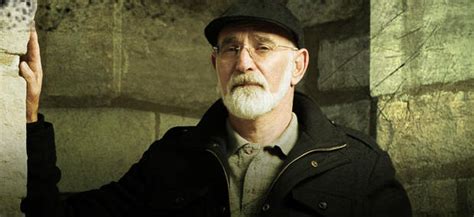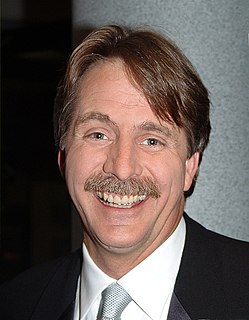A Quote by Maria Semple
I don't know if it's a failure of imagination on my part, but I'm not going to be writing about Paris in the 1800s. I feel like it would come off as just ludicrously uninformed, even if I did a lot of research.
Related Quotes
A lot of my words come to me when I'm out and about as well, riding the bus or sat in the pub. I went through a stage of going to a strip bar called the White Horse at lunch times and did a lot of writing in there. They were fine with that but I don't know how they would feel about me setting up the easel.
I was a lot dumber when I was writing the novel. I felt like worse of a writer because I wrote many of the short stories in one sitting or over maybe three days, and they didn't change that much. There weren't many, many drafts. That made me feel semi-brilliant and part of a magical process. Writing the novel wasn't like that. I would come home every day from my office and say, "Well, I still really like the story, I just wish it was better written." At that point, I didn't realize I was writing a first draft. And the first draft was the hardest part.
Anthropological fieldwork is so much like writing a novel. Granted, you don't have the physical disruption and disorientation, but writing a novel is like entering a new culture. You don't know what the hell is going on. And every day you feel like you have nothing, you're going nowhere. Or you feel that first it's going somewhere, but then you get into that horrible middle part.
I don't remember reading much at all during the writing of Eileen. I go through several years-long dry spells and I don't feel like reading at all. I was working part-time for a guy in Venice, California while I drafted Eileen. He wanted help in writing his memoir. The research had a lot to do with the 60s, so that must have informed my sense of the place and time in my novel, and perhaps even the memoir point-of-view. He was also from New England. It was a fun job. I learned a lot about motorcycle clubs, Charles Manson, hopping freight trains.
A lot of times, when doing the paranormal research and doing an investigation, you don't know what you're going to encounter. You don't know what you're going to come up against. People have to realize that we don't know them and they don't know us. I'm talking about the people that live in the homes. Sometimes you don't know what you're going to encounter, what type of situation you're going to walk into.
Even now, as I write this, I can still feel that tightness. And I want you to feel it--the wind coming off the river, the waves, the silence, the wooded frontier. You're at the bow of a boat on the Rainy River. You're twenty-one years old, you're scared, and there's a hard squeezing pressure in your chest. What would you do? Would you jump? Would you feel pity for yourself? Would you think about your family and your childhood and your dreams and all you're leaving behind? Would it hurt? Would it feel like dying? Would you cry, as I did?
Dear Willem: I’ve been trying to forget about you and our day in Paris for nine months now, but as you can see, it’s not going all that well. I guess more than anything, I want to know, did you just leave? If you did, it’s okay. I mean it’s not, but if I can know the truth, I can get over it. And if you didn’t leave, I don’t know what to say. Except I’m sorry that I did. I don’t know what your response will be at getting this letter, like a ghost from your past. But no matter what happened, I hope you’re okay.
I feel like a lot of the films I do, part of the reason I like doing them is I'm not 100 percent sure what it's going to be. It's exciting. I read an equal amount of very generic scripts, and you kind of know exactly what those are and that doesn't whet my appetite. I already know what it is or I already know what the character is. It's just a lot harder to get interested.
I lived in Italy for two months when I was in college. And I traveled to Paris. I traveled to Egypt. I traveled to Spain. I just would travel a lot. I remember going to Paris and saying, speaking French, 'I would like some chicken and some fries.' And just the chicken and fries was, oh my gosh, just so amazing. I became intrigued and inspired.







































